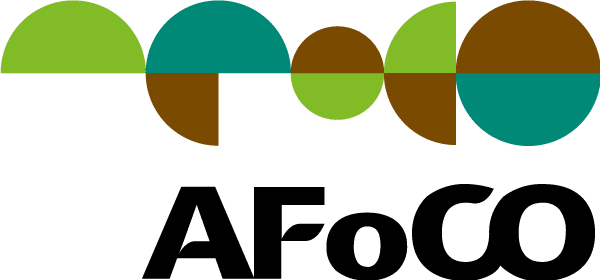Goals & Objectives
Through the implementation of locally appropriate Forest Landscape Restoration (FLR) initiatives that will provide socio-economic and environmental benefits for households, communities, private sector and government authorities in Timor-Leste, the project aims to:
- Establish database of the forestland degradation and to build capacity of farmers in the project sites; and
- Develop a business model for trade-off of key ecosystem goods and services through a network of community-based enterprises.
Main Activities
- Objective 1
- Collate existing geospatial datasets and analyze for land use and land cover change
- Conduct Rapid Rural Appraisal (RRA) to determine social economic information of the local communities on selected site as well as history of land use change in the selected municipalities
- Produce spatially explicit mapping of forest land degradation in the selected municipalities
- Identify and assess forest land degradation, their geographic extent and biophysical characteristics to implement FLR initiatives
- Conduct a series of trainings, workshops and study tours for MAF, NGOs and local research organizations staff to enhance their knowledge and transfer skills related to FLR initiatives monitoring and reporting
- Conduct a series of training, workshops and study tours for farmers and participating communities to enhance knowledge and transfer skills related to FLR initiatives
- Objective 2
- Identify mixed species of high economic value and ecological functions, in consultation with stakeholders
- Restore 150 ha of degraded areas at pilot scale in the project sites by using locally appropriate FLR initiatives
- Develop the business model related to the community-based enterprise with private sectors
- Identify private actors and most suitable network of enterprises to work with community groups in the project sites
- Identify the key ecosystem goods and services relevant to stakeholders
- Analyze trade-offs and synergies of key ecosystem goods and services in consultation with identified enterprises, community groups and interested stakeholders
- Share knowledge of trade-off and synergies of key ecosystem goods and services and evaluate the social, economic and environmental impacts and contributions of FLR initatives
- Knowledge sharing through the advocacy activities about the impacts of FLR initiative in the availability of ecosystem goods and services
- Evaluate the social, economic and environmental impacts and contributions of FLR initiatives for supporting the livelihoods of the target villages
Expected Outputs
- Generated and analyzed Information on degraded landscapes (geospatial datasets) and on the socioeconomic conditions of the population living in the project sites;
- Enhanced capacity of farmers in the project sites in implementing FLR initiatives;
- Identification of mixed species of high economic value and restoration of 150ha of the degraded areas in the project sites by using locally appropriate FLR initiatives;
- Development of the business model for trade-off of ecosystem goods and services to increase livelihoods; and
- Dissemination of knowledge and lessons learned about trade-off and synergies of key ecosystem goods and services and socioeconomic and environmental impacts on FLR initiatives

